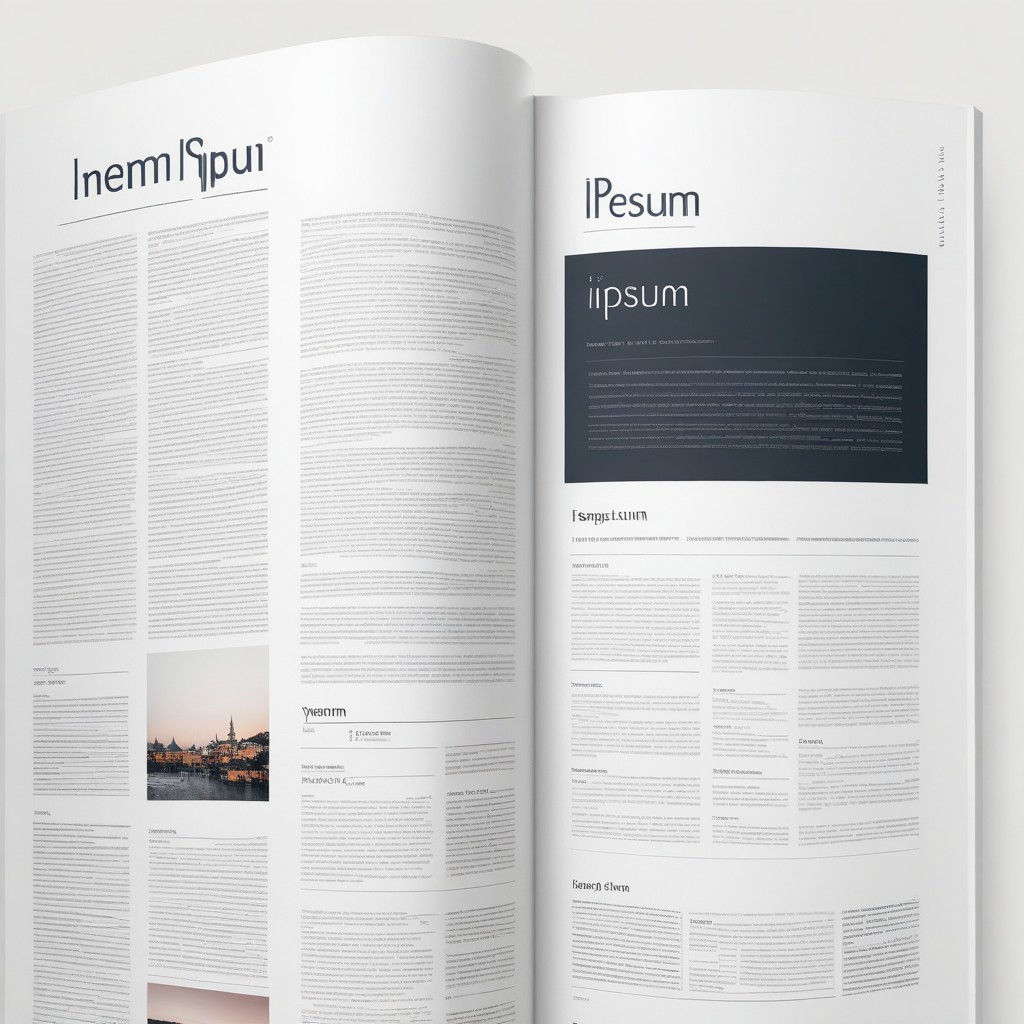
MD5 Generator
Need to generate an MD5 hash? Use our quick online MD5 generator to convert text instantly and securely.
The MD5 hashing algorithm is widely used to generate a unique string of 32 characters for any input text. An MD5 hash is typically used to ensure data integrity, as the hash output changes drastically with even a minor alteration of the input data. Understanding how to use an MD5 generator online can be crucial for developers, content creators, and those involved in security to verify the integrity of data or files.
One of the accessible tools available online for generating MD5 hashes is provided by the website MD5 Generator. This tool is straightforward to use and requires no prior experience with cryptographic hash functions.
How to Use the MD5 Generator
The process of using the MD5 Generator from the provided website is simple and can be done in a few quick steps:
-
Enter Your Text: Initially, you will start by typing or pasting the text for which you need the MD5 hash into a text box. This could be any string like a password, a sentence from an article, or any data that needs verification.
-
Press 'Generate' Button: Once your text is in the text box, the next step is to convert this input into its MD5 hash by clicking the 'Generate' button located beside or below the text box. The tool processes the text using the MD5 algorithm to produce a hash value.
Understanding the Results
The result of this process is displayed almost instantaneously:
- MD5 String: This is a 32-character hexadecimal number that uniquely represents the input text. This string is what you use for verifying the integrity of the text or keeping sensitive information like passwords secure in a database without storing the actual text.
Practical Applications of the MD5 Hash
The utility of generating an MD5 hash extends beyond just academic interest. In practical scenarios, it’s used in a variety of ways:
-
Data Integrity: MD5 hashes are commonly used to check the integrity of files downloaded from the internet. By comparing the MD5 hash of the downloaded file with the hash provided on the website, one can confirm that the file has not been corrupted or tampered with during the download process.
-
Password Storage: Websites often store the MD5 hashes of user passwords instead of the actual passwords. When a user logs in, the password they enter is hashed, and this hash is compared with the stored hash. This method ensures that even if the database is compromised, the actual passwords remain protected.
-
Cache Validation: Web developers use MD5 hashes to manage website cache. By assigning an MD5 hash to different versions of a webpage, developers can efficiently determine whether the content has changed and whether a user needs to be served a new version of the page.
The MD5 Generator tool on the specified website provides a reliable, quick way to generate MD5 hashes for any text, enhancing both security practices and data integrity checks. While MD5 is not recommended for highly secure cryptographic purposes anymore due to its vulnerabilities to collision attacks, it still serves well for less critical applications such as checksums for file verification or simple non-critical data verification tasks.






